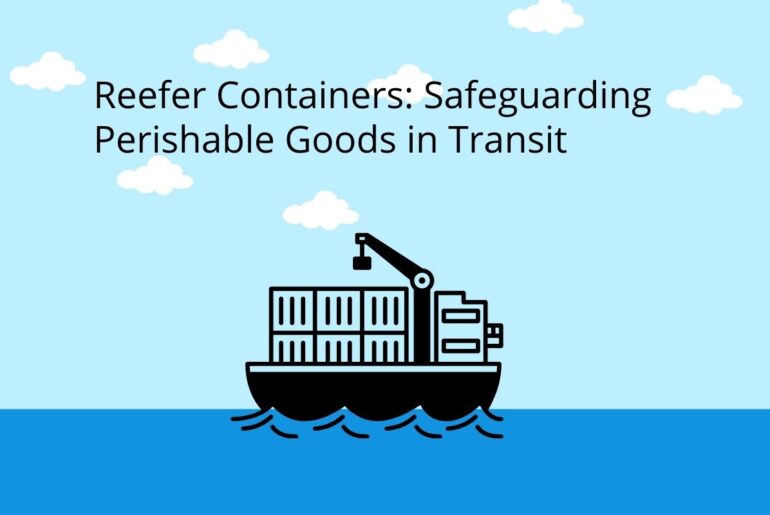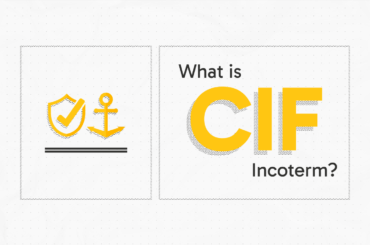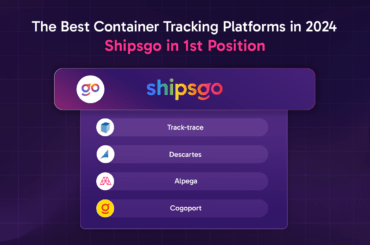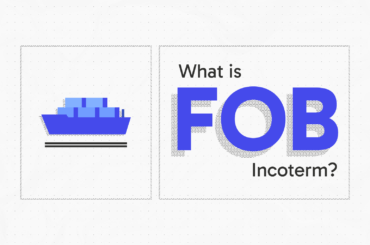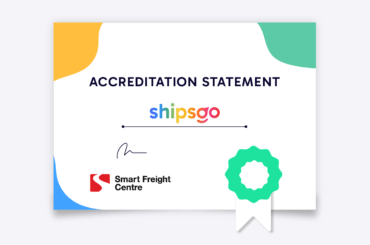Reefer containers (also referred to as refrigerated containers) are specially-made containers used for transporting perishable goods that need temperature-controlled environments during shipment. Reefers play an invaluable role in maintaining integrity and freshness during transit; in this post we explore their features and benefits, applications within food and pharmaceutical industries, technologies used to maintain desired temperatures during transport as well as technologies designed to regulate them during transit.
Features and Advantages of Reefer Containers
Reefer containers feature advanced features designed to maintain specific temperature ranges and humidity levels for cargo safety and quality, such as being insulated to minimize heat transfer while being fitted with refrigeration units that offer precise temperature regulation. In addition, their rugged environmental conditions withstand even extreme environmental conditions; providing long term cargo safety. Using reefers provides extended shelf life, reduced spoilage rates and long distance transportation of perishable goods – benefits which increase with each use!
Reefer Containers Applications in the Food Industry
Refrigerated containers have become indispensable tools in the food industry for transporting perishable goods such as fruits, vegetables, seafood, dairy products and meat in optimal condition to consumers. Reefers enable seasonal produce distribution across regions for year-round enjoyment of freshness.
Reefer Containers Applications in the Pharmaceutical Industry
Pharmaceutical industries depend heavily on reefer containers to transport temperature-sensitive medications, vaccines and healthcare products with precision temperature requirements that adhere to FDA requirements for efficacy and safety during transport. Reefers play an essential part in upholding product potency throughout supply chains – keeping product potency intact throughout every step in its journey to consumers.
Reefer containers utilize advanced temperature control technologies in order to achieve desired temperature range. These technologies range from compressor-based systems that employ refrigerants in cooling the container down quickly, and cryogenic ones using liquid nitrogen or carbon dioxide as cooling sources, all the way down to cryogenic systems utilizing liquid nitrogen or carbon dioxide in reaching low temperatures. Furthermore, modern reefers come equipped with sophisticated monitoring systems which monitor real time data so any deviations in temperatures or humidity levels can be quickly addressed by staff members on duty.
Maintaining Cargo Integrity and Compliance
To safeguard perishable cargo, it’s critical that compliance with industry regulations and best practices is upheld. This means proper pre-cooling of containers prior to loading them up with perishable goods; accurate temperature setting with the refrigeration unit; as well as periodic servicing. In order to demonstrate quality standards compliance as well as regulatory obligations. Temperature monitoring throughout transportation processes is vitally important.
Reefer containers have long been utilized as reliable means for transporting perishable goods such as food and pharmaceutical products safely to their destinations in optimal condition, protecting both quality and safety during transit. Their advanced features, precise temperature control technologies, and compliance with industry regulations help guarantee this is achieved – giving businesses in food and pharmaceutical industries greater market reach while meeting increased demands for fresh goods requiring temperature regulation.
